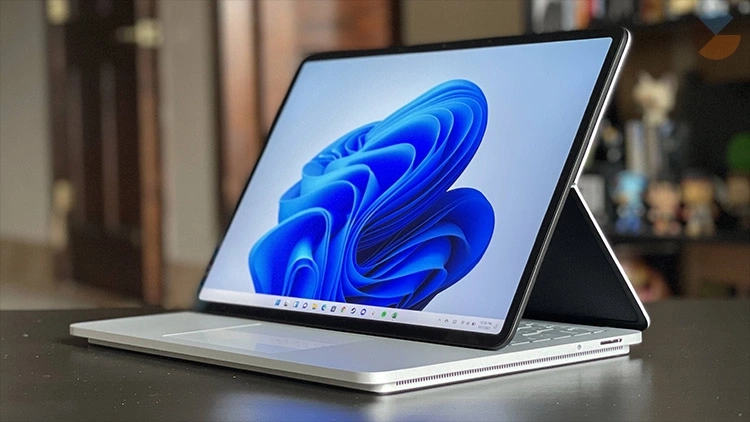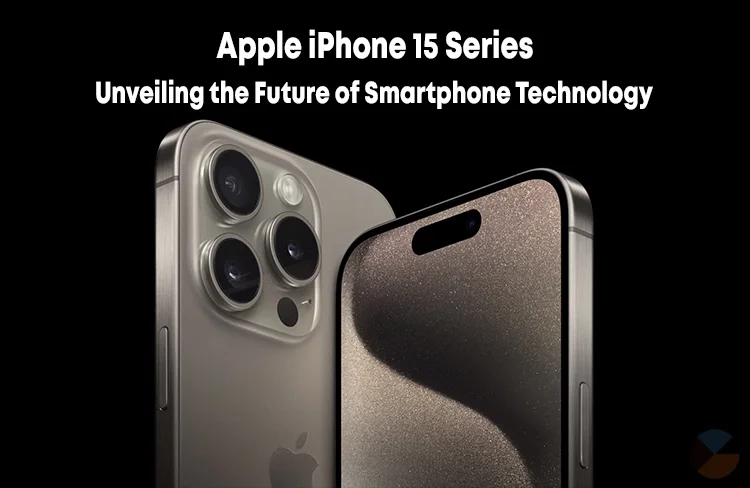Based on the Helium 7B model, Moshi combines text and audio training, optimized for CUDA, Metal, and CPU backends, and supports 4-bit and 8-bit quantization.
The world of artificial intelligence has a new contender in the ring, and it comes from an unexpected corner. Kyutai, a non-profit French research lab, has thrown down the gauntlet with Moshi, an open-source multimodal AI model that boasts features rivalling the much-hyped OpenAI GPT-4o. Developed in just six months by a mere eight researchers, Moshi stands out for its real-time capabilities and focus on human-like interaction. Unlike GPT-4o, which remains shrouded in secrecy, Moshi embraces transparency with its open-source nature. This means anyone can access, tinker with, and contribute to its development, fostering a collaborative spirit in the AI research community.
Moshi's claim to fame lies in its ability to understand and express a wide range of emotions. We're not just talking about basic happy or sad; Moshi can handle 70 different emotions and adapt its communication style accordingly. Imagine a virtual assistant that can crack a playful joke or deliver sombre news with appropriate gravitas. This emotional intelligence paves the way for richer and more natural interactions between humans and machines.
Furthermore, Moshi excels at multilingualism, not just in text but also in speech. It can not only understand and respond with different accents but also adapt its speaking style to mimic various personalities. Need a French narrator for your audiobook? A motivational coach with a touch of British cheer? Moshi can transform itself on the fly.
One of the most impressive features is Moshi's ability to handle two audio streams simultaneously. This means it can listen and speak at the same time, facilitating real-time conversations. No more awkward pauses or frustrating delays as the AI processes information. Moshi aims to create a truly fluid and dynamic communication experience.
Another advantage Moshi holds is its efficiency. Unlike its resource-hungry counterparts, Moshi is designed to run on readily available consumer-grade hardware, like your everyday MacBook. This opens doors for wider accessibility and adoption, making cutting-edge AI technology available to the masses, not just large corporations with hefty server farms.
The open-source aspect of Moshi is particularly noteworthy. By making the code freely available, Kyutai fosters collaboration and innovation. Researchers and developers worldwide can contribute their expertise, accelerating the development of this powerful AI tool. This democratic approach stands in stark contrast to the closed nature of projects like GPT-4o, which limit access and hinder community involvement.
Kyutai's CEO, Patrick Prez, emphasizes the potential of Moshi to revolutionize human-machine communication. He envisions a future where AI assistants can not only understand our needs but also respond with empathy and emotional nuance. Moshi's real-time processing and ability to adapt its style pave the way for a more natural and engaging experience.
While Moshi is still in its early stages, it represents a significant challenge to the dominance of large private AI companies. Its open-source nature, emotional intelligence, and focus on real-time interaction make it a unique and potentially disruptive force in the AI landscape. Whether Moshi will truly dethrone the GPT-4o remains to be seen, but one thing is certain: the battle for AI supremacy has just gotten a whole lot more interesting.
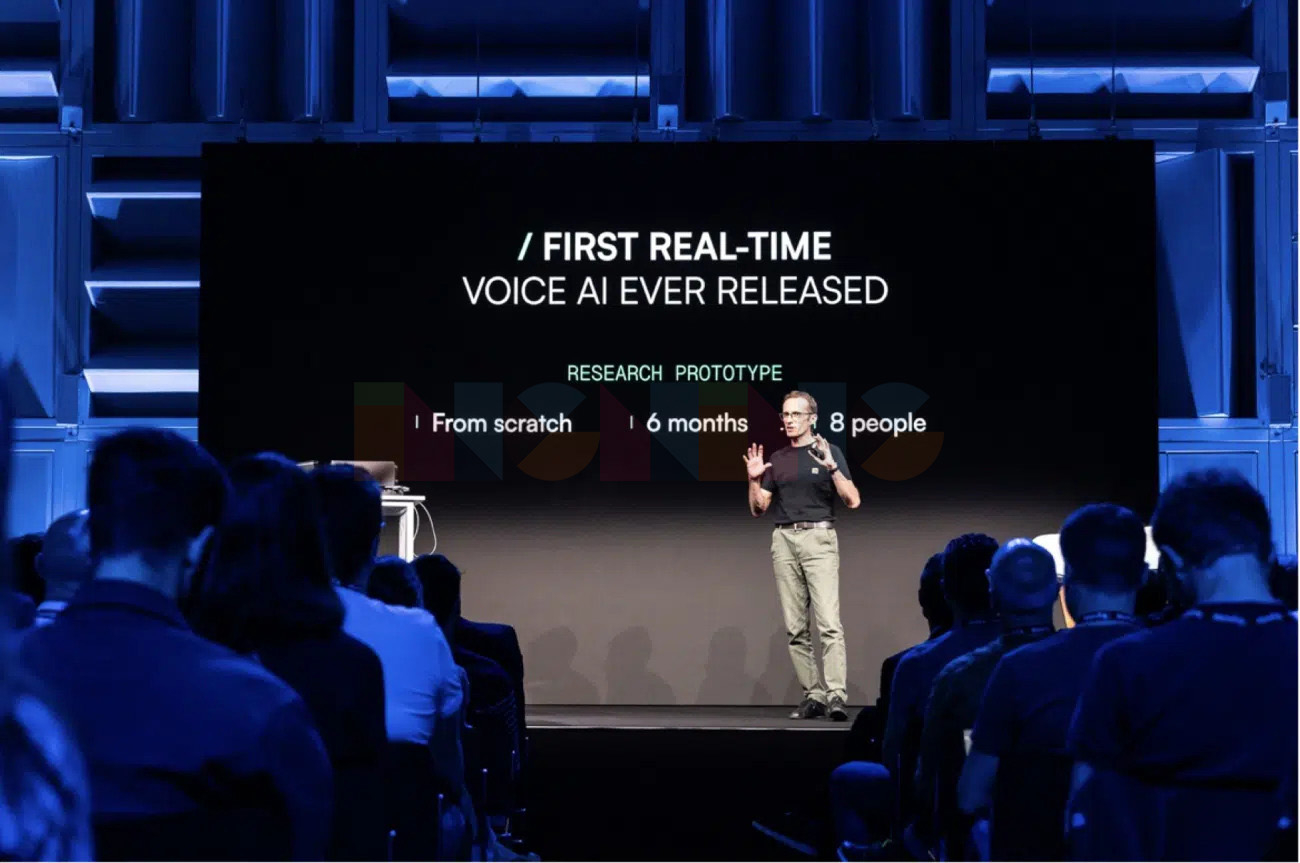

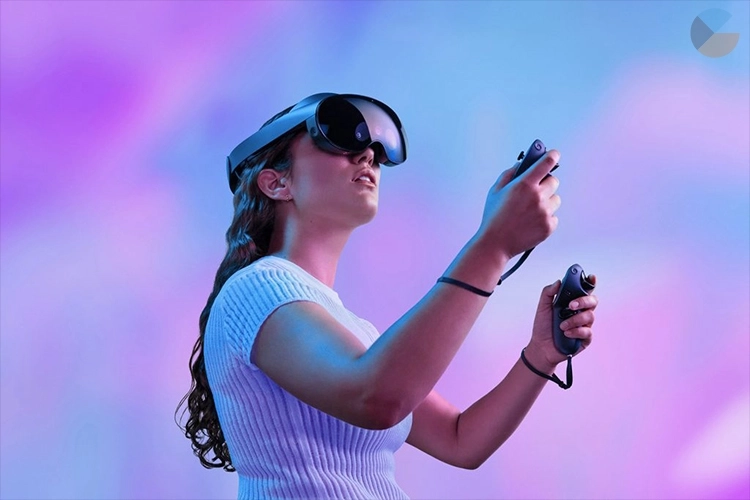



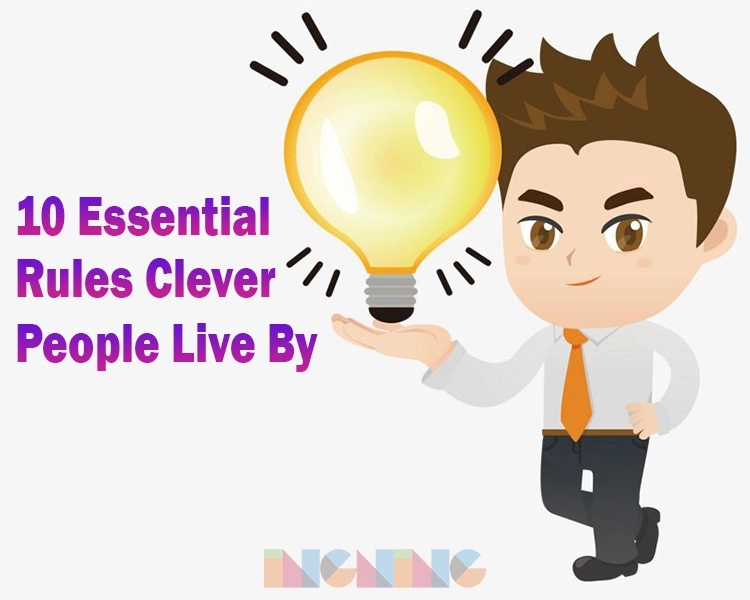


 Ingning
Ingning

